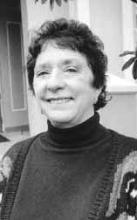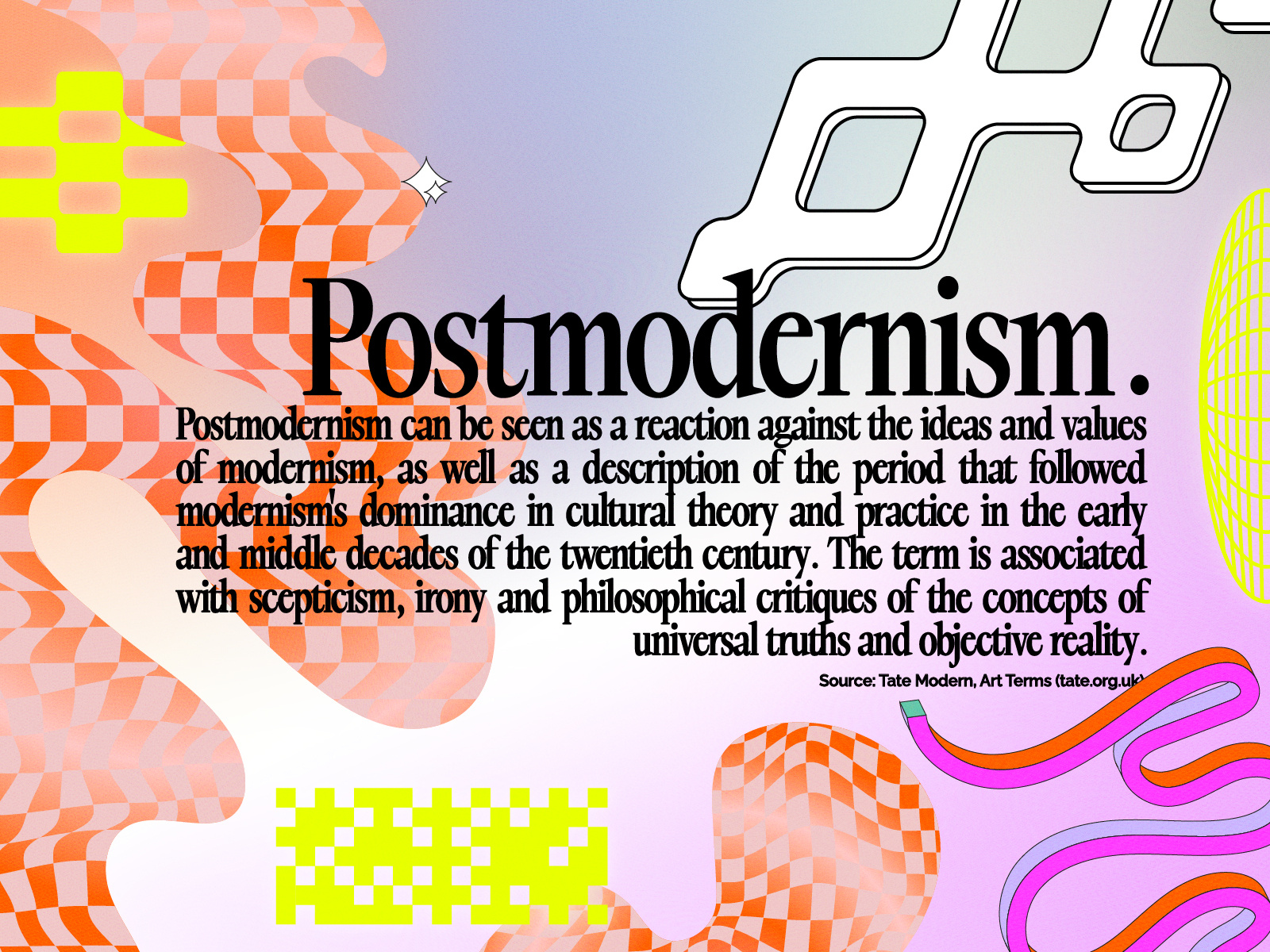4 Postmodernism and Political Change
Postmodernism and Political Change: Issues for Postmodernist Theory, by Nancy Hartsock, 1996

Key Ideas and Terms to know:
- Situated Knowledges
- Objectified Subjects
- La Facultad
- Marvelous Realism
- Liminality
- Postmodernist Theory
- The “God-Trick”
Main Point: The Failure of Postmodernist Theory
Hartsock begins her piece by providing an overview of two postmodernist scholars, Michel Foucault and Richard Rorty. She believes that they failed in their theoretical works because in their challenge of the “omnipotent” reason of Enlightenment, they come to the “impotent” conclusion that no one can know anything about anything.
Both Rorty and Foucault prove that the Enlightenment “god-trick”—the belief that reason can exist separate from the individual and has omnipotent force in determining knowledge—is inherently biased and nonneutral. From this observation, Rorty and Foucault conclude that, because the god-trick is innately biased, no one can claim to have true knowledge of anything: “. . . Once reason has been exposed as biased rather than neutral, the very possibility of knowledge must be abandoned” (p. 44). This conclusion leads both Rorty and Foucault to propose alternatives to objective pursuit of knowledge, both of which are lackluster and “passive” in their attempt to undo the harm of Enlightenment reason.

Main Point: Situated Knowledges
Hartsock argues instead that knowledge and truth are not impossible to achieve/understand, but instead must be pursued through “situated knowledges.” Hartsock defines these knowledges as partial, subjective, specific, and embodied knowledges derived from the experiences of marginalized people. Hartsock concludes her article by elaborating on her concept of situated knowledges, providing further clarification to her project. Most importantly, because of the social and collective nature of situated knowledges, Hartsock asserts that they address the problems of postmodernist theories, replacing the “dead-end,” pessimistic alternatives to the “god-trick” presented by Rory and Foucault with newfound access to knowledge through “views from somewhere” that are acknowledged as partial but powerful (p. 52). Through situated knowledges, marginalized and oppressed peoples can challenge existing structures of knowledge, rationality, and truth, creating new realities grounded in their embodied experiences.
Hartsock bases her theoretical framework on the work of numerous other feminist scholars, particularly feminist scholars of color. Hartsock uses Sangari’s concept of “marvelous realism,” which encompasses alternative views of reality which understand “knowledge as provisional and. . .truth as historically circumscribed. . . .” (p. 49). Hartsock supplements Sangari with Gloria Anzaldúa’s “la facultad,” which is the ability and capacity that marginalized individuals have to “to see the ‘deep structure below the surface,’” or, in the context of marvelous realism, to see alternative realities and truths than that of the knowledge of the existing hegemonic order (p. 49). Hartsock also uses Foucault to a limited extent, noting that Foucault’s analysis of the way in which subjects are made subjects in their pursuit of knowledge, though Hartsock twists Foucault’s analysis, instead opting to emphasize how human beings are made object, or “objectified subjects” (p. 44). Hartsock also situates her construction of situated knowledges within the context of works created by Black feminist scholars, including Sylvia Wynter’s analysis of how the power of marginalized individuals’ “liminal” status in relation to the dominant social order allows for innovations and deprogramming of others who are systematically marginalized (p. 49). Through an amalgamation of all these concepts, Hartsock positions and defines her theory of situated knowledges.
The OED definition of objectivity, or objective, is “not influenced by personal feelings or opinions in considering and representing facts.” The rise in discussions surrounding objectivity within the field of history started with historian and theorist Leopold Ranke, who in the 19th century argued for a positivist approach to the field of history. His goal was to create objective history free from historians' personal biases. A century later, Peter Novick published That Noble Dream, which tracks how the ideas and ideals of objectivity have changed and developed over time. Novick, like the majority of historians today, understand it is impossible to have objective history — and most importantly, “objective” history leaves out those that have been traditionally left out of the production of knowledge.
In Keywords for Gender and Sexuality Studies, "Women," by Kyla Schuller, the concept of objectivity is discussed in relation to the study of gender and sexuality. Schuller analyzes the continuing dynamic that exists within studies of knowledge: “women” positioned as an object to be studied in contrast to “man” who is positioned as the universal human subject. She puts it as, “women was a role in society; man was society itself” (pg 248). By positioning “women” as an object to be studied, approaching the subject through an objective lens seems possible. But once “women” is moved into a different role outside of just being an object, the understanding and methods of knowledge change. Feminist theories then developed approaches to studying the field that rejected the idea of neutral knowledge, and rather emphasized the researchers specific subject position within the field — these theories included ones such as, “situated knowledges” and “strong objectivity” (pg 248).
Ultimately, this shift of placing the object into the role of subject is where we see the idea of objectivity dismantled throughout the history of sexuality, gender, and within other areas of study that highlight those historically left out, such as subaltern studies and the history of enslaved women.
In Teaching to Transgress, bell hooks writes:
"I came to theory because I was hurting – the pain within me was so intense that I could not go on living I came to theory desperate, wanting to comprehend – to grasp what was happening around and within me. Most importantly, I wanted to make the hurt go away. I saw in theory then a location for healing…. Theory is not inherently healing, liberatory, or revolutionary. It fulfills this function only when we ask it to do so and direct our theorizing towards this end.” (1994, 59 - 61)
What does it mean to ask theory to support healing? How might engaging in critical inquiry about the history of sexuality foster liberatory healing in us as individuals and as a community?
Understood as a way to interrogate power and structures of oppression, theory becomes an invitation to think with others in transformative ways. Two limits that one might experience when attempting to engage with theory in this way are (1) the highly specialized language and inaccessible writing style and (2) the adherence to “thinking” over “feeling.”
As an entry point into engagement with theory, bell hooks is an antidote to both of these limits: her essays and books are written in accessible language and she deliberately critiques the hierarchy present in much theory, of mind over body and thoughts over emotions.
If you are curious about the radical potential of theory, please visit the THEORY PART of this Toolkit and check out the work bell hooks.
Paul-Michel Foucault (1926-1984) may or may not have been a good person, but he did write a lot of theory. The History of Sexuality (1976) is his last work, and may or may not be useful for the study of the history of sexuality. He spent his life discoursing before he unfortunately died from HIV/AIDS.
